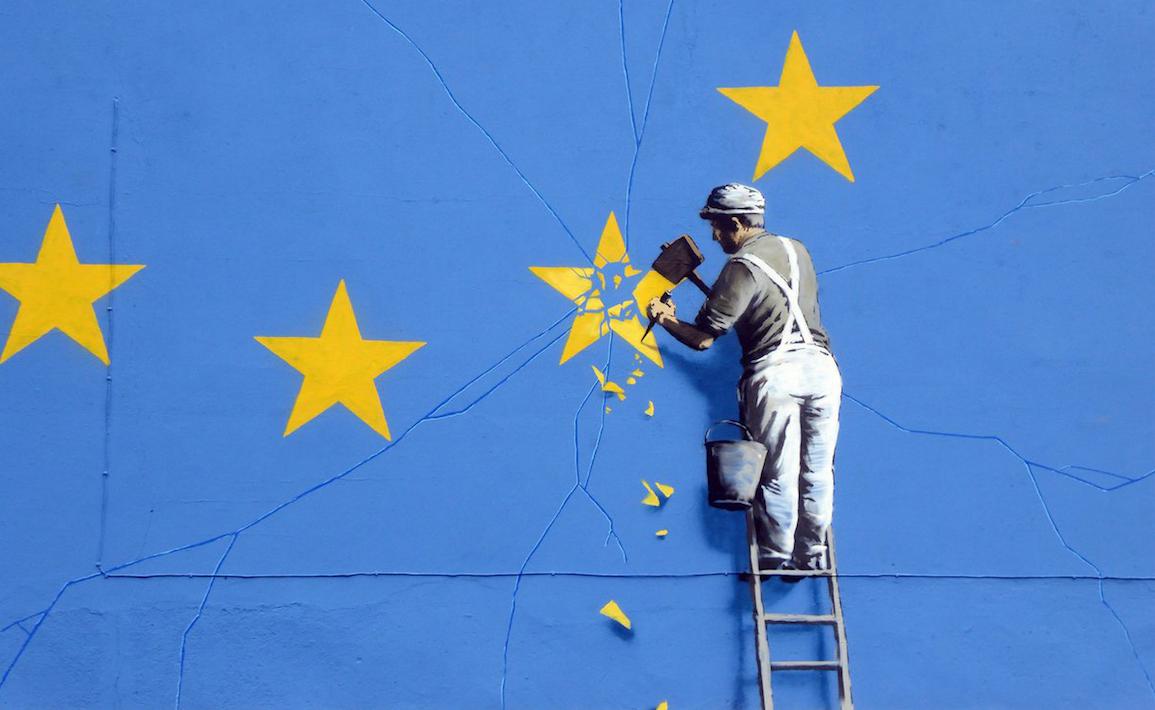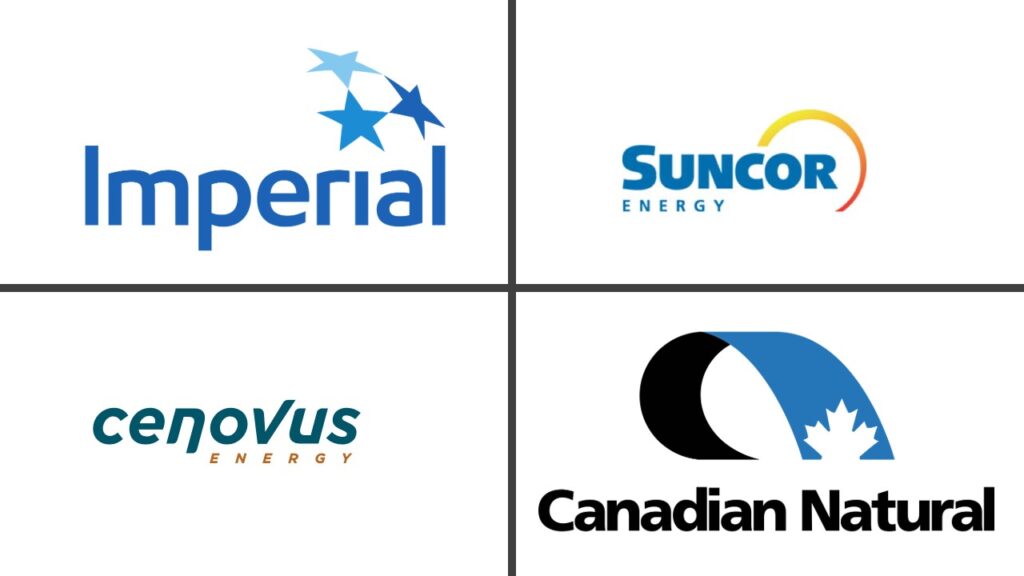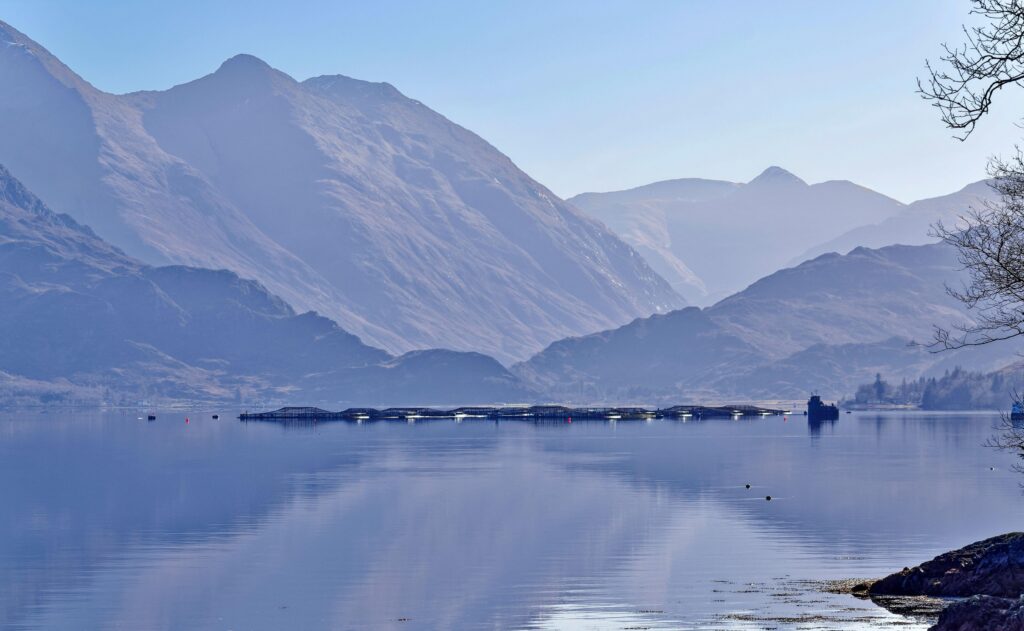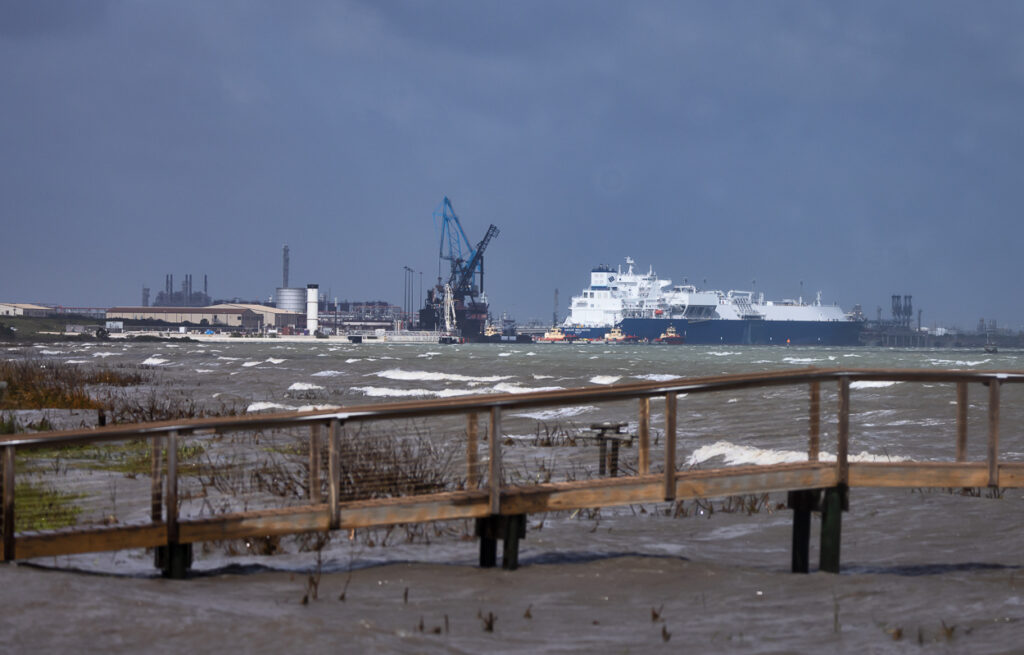The UK has to negotiate its own bespoke arrangement on climate change and energy with the European Union after Brexit because no existing models are adequate, a former government negotiator has said. The UK could also find itself continuing to work as part of the EU bloc after Brexit at the annual climate talks.
Those are the conclusions of Peter Betts, a former director for international climate and energy and negotiator at the Department of Business, Energy and Industrial Strategy.
Betts, who left his role in government last week, made the comments during a panel discussion organised by the environmental think tank Green Alliance titled, “UK climate diplomacy post-Brexit: Learning from Norway and Switzerland”.
Betts argued that neither the Norwegian nor the Swiss model of dealing with the EU on climate and energy issues are fit for purpose for the UK.
He told the audience of ambassadors, business representatives and green organisations that in the long-term “it will be in the interests of the UK and the EU to work together to punch their weight against big players such as China and the US”.
Betts said the UK needed to think “creatively” about the UK’s future relationship with the EU on climate and energy and not just focus on existing arrangements.
“We need to devise what a long term relationship could look like [on climate and energy] and how it could help to inform the wider Brexit debate”, he said.
Betts suggested that while the Brexit debate and the negotiations were presented as one issue, there was no reason why the UK couldn’t start discussing how it could continue to work with the EU to push for more ambitious climate policy.
“Brexit is an extremely complicated thing but I don’t think the climate and energy bit of it is the most complicated,” he said.
Norwegian and Swiss model
Betts was joined on the panel by Vidar Helgesen, Norway’s special representative for the ocean and former minister for climate and energy, and Jean-Christophe Fueeg, the head of international energy affairs at the Swiss Federal Office for Energy.
Helgesen argued that while there were elements in the Norwegian model which could be interesting to the UK post-Brexit, Norway was part of the EU’s energy market and adopted EU policy without being able to have a say.
Norway also accepts the EU’s “four freedoms”, which allow goods, services, capital and people to move freely across borders — a red line for the British government which has made it clear that Brexit will end the free movement of people from Europe to the UK.
Meanwhile in Switzerland, Fueeg said the country was still discussing an electricity trade deal with the EU now 11 years in the making, citing sovereignty issues as a previous key barrier in the talks.
Fueeg said that what the UK needs is “a unique selling point” in order to leverage negotiations with the EU. He added that the fact more electricity is crossing Switzerland towards other EU countries than is being consumed by Swiss businesses and households had been used by the country as its leverage.
For the UK, Fueeg suggested the answer could be offshore wind.
“If the EU really wants to have offshore wind on its grid, then it will have to let the UK participate in the energy market,” he said, adding: “The EU will probably allow the UK to leave its toe in the door, but probably not much more.”
Like what you’re reading? Donate here to support DeSmog UK‘s journalism today
Helgesen agreed that any negotiations on climate and energy with the EU “will be a challenge” and that there is likely to be “an anti-chamber where the UK will stay for a while, while it sorts out the issue”.
Responding to the comments, Betts told the audience that “unless we end up with extreme scenarios such as Brexit doesn’t happen or a hard Brexit, there is a strong case for a strong integration for the EU and the UK on climate and energy”.
He acknowledged that counter-arguments to continued alignment with the EU on climate and energy matters could be dismissed as inefficient, costly and requiring too much regulation.
However, he warned that the UK risked becoming a “rule taker” without the possibility to have its voice heard.
“We have to devise a path in which we can have a legitimate say,” he said.
UN climate talks negotiations
At the UN climate talks, the UK has been negotiating through the European Union grouping. This means that its Nationally Determined Contributions — UN jargon which refers to the countries’ pledges to reduce greenhouse gas emissions within a specific time frame — was made as part of the EU’s pledge.
However, if the UK leaves the EU on the 29th March next year, it may be asked to issue its own NDCs.
This would not necessarily mean that the UK will have to fully distance itself from EU climate policy. On the contrary, Betts suggested the UK could continue to align itself with the EU when negotiating global climate policy.
Betts said the UK will have four options over how it decides to negotiate at the UN climate talks after Brexit.
It could continue to negotiate alongside the EU but it could also join the “Umbrella group”, which includes developed countries like Norway, the US, Japan, Russia and Australia, or align with the Environmental Integrity Group which includes Switzerland, Mexico, Monaco and the Republic of Korea, or it could stand alone.
Norway’s Helgesen argued that it had at times been useful for Norway to be negotiating outside the EU grouping, giving the country the opportunity to adopt a tougher sentence on issues which the EU failed to agree on.
But Betts argued that the UK should continue to remain within the EU grouping warning that defecting to another group could be seen as a “hostile” move by other negotiating countries.
“This is an emotional issue. It is a divorce after all. The most likely option would be to join the umbrella group but I think that would be destructive for us. For years we have been aligned with the EU and I think it is very important that we take every possible means to influence the EU [on climate policy],” he said.
The UK has long been seen as an leading voice within the EU pushing for more ambitious climate negotiating positions. As such, experts have warned that the EU’s negotiation position on climate change could weaken after Brexit.
Betts added: “There is a risk that the EU’s centre of gravity will shift a bit after Brexit. But the UK could continue to help them adopt more efficient climate policy.”
Image Credit: Banksy does Brexit (detail)/Duncan Hill/Flickr/CC BY 2.0
Subscribe to our newsletter
Stay up to date with DeSmog news and alerts






